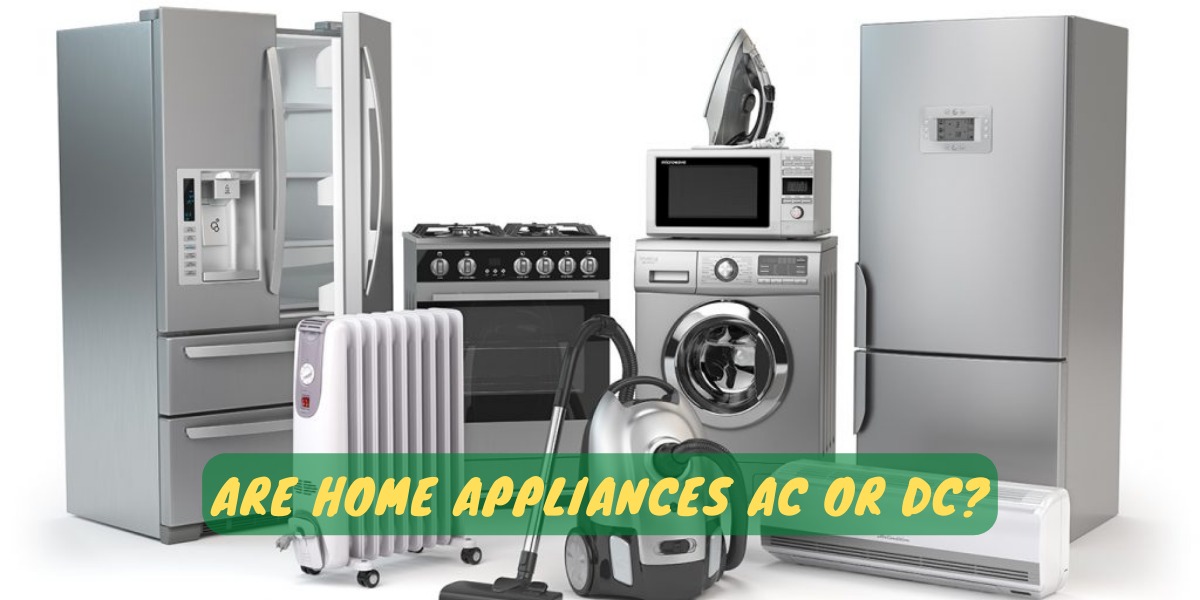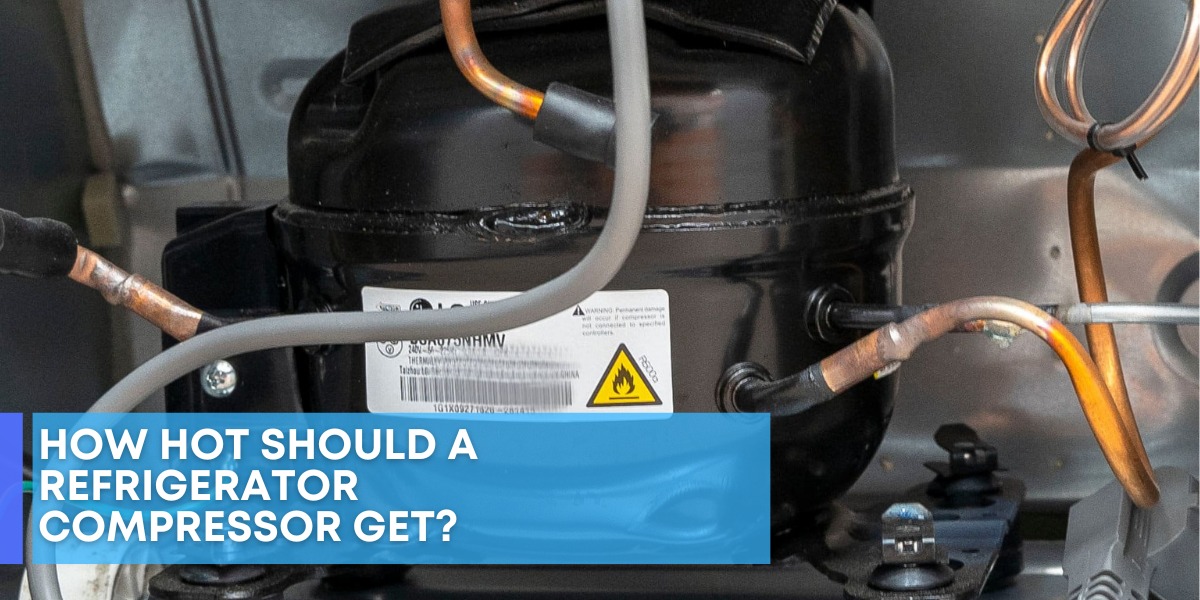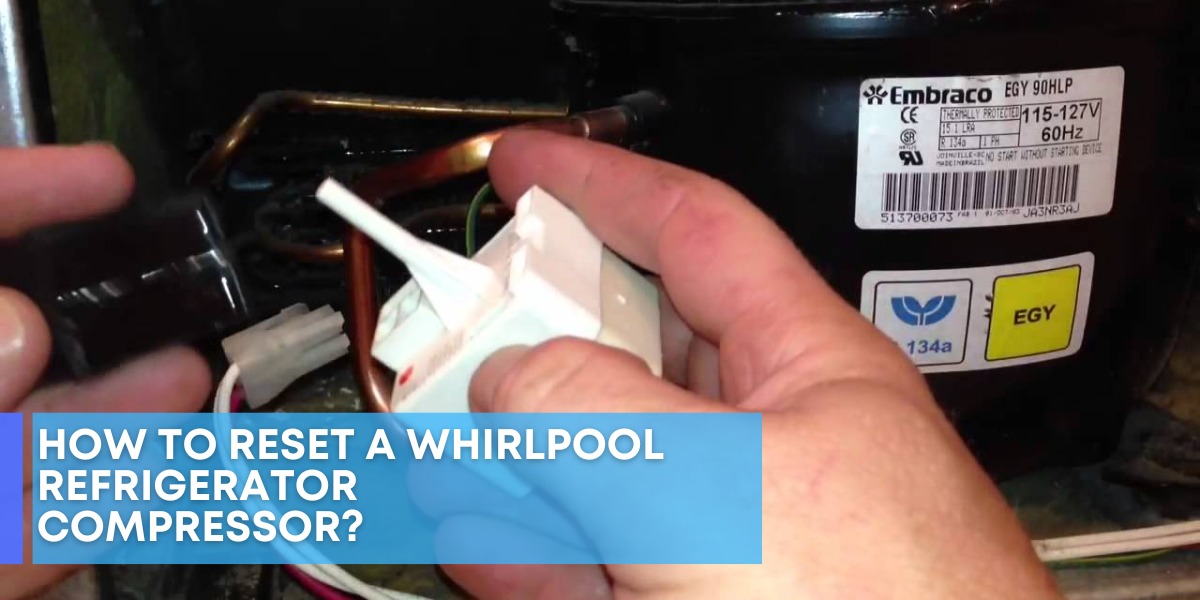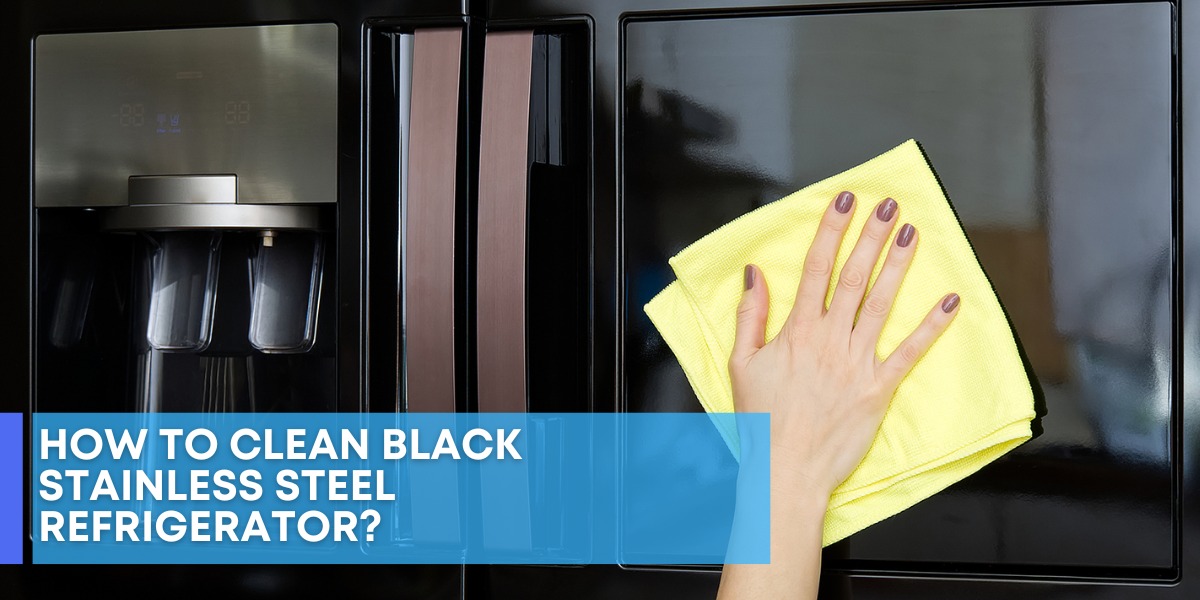As modern technology continues to evolve, home appliances have become an integral part of our daily lives. From refrigerators and washing machines to air conditioners and televisions, these devices have simplified our daily chores and improved our quality of life. But have you ever wondered how these appliances actually work? Are they powered by alternating current (AC) or direct current (DC)? In this article, we will delve into the science behind home appliances and uncover the truth behind this intriguing question, with a focus on the expertise of HA Fixer, a leading company specializing in appliance repair and maintenance.
Understanding the Basics of AC and DC
Before we dive into the inner workings of home appliances, it’s essential to grasp the fundamentals of AC and DC. Alternating current (AC) is a type of electrical current that periodically reverses direction, flowing back and forth in a sinusoidal waveform. It is the standard type of electrical power used in homes and buildings, as it can be easily transmitted over long distances and transformed into different voltages for various applications.
On the other hand, direct current (DC) is a type of electrical current that flows in one direction, maintaining a constant voltage level. It is commonly used in batteries, electronic devices, and vehicles, as it provides a stable and continuous source of power.
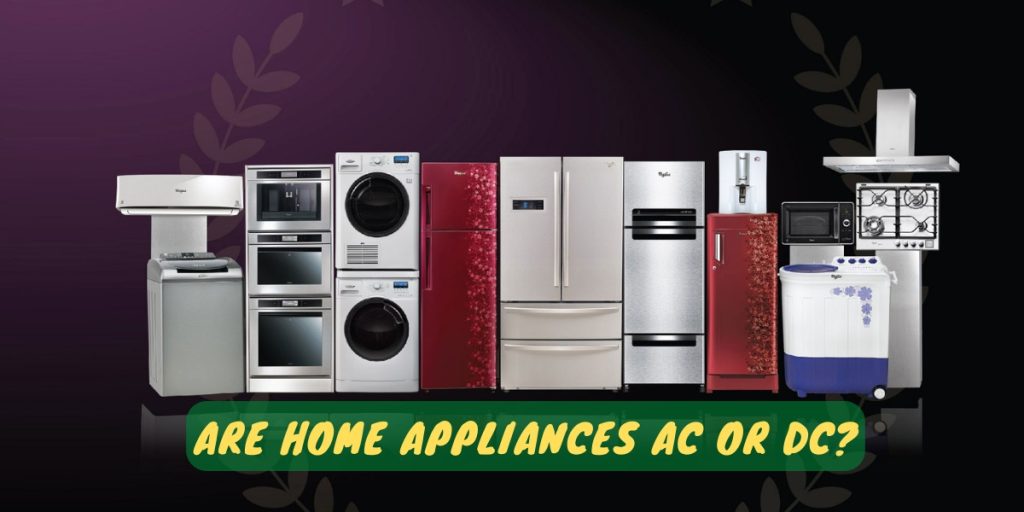
Washing Machine Repair Service In UAE
If you are looking for a washing machine repair service in UAE, then you have come to the right place. At hafixer.com, we offer a wide range of washing machine repair services that will get your machine working as good as new again. Whether your machine is broken or just needs some minor repairs, we can help.
Our team of experienced technicians is available 24/7 to get your machine fixed quickly and efficiently. We also offer a 100% satisfaction guarantee on all our repairs, so you can be sure you’re getting the best possible service. So if you need a washing machine repair in UAE, then look no further than hafixer.com.
Home Appliances and their Power Sources
Home appliances can be powered by either AC or DC, depending on their design and functionality. Let’s explore some common home appliances and understand how they are powered:
- Refrigerators: Refrigerators typically run on AC power. The compressor, which is responsible for cooling the refrigerator, requires high voltage AC power to operate. However, some modern refrigerators may also have components that run on DC power, such as electronic control panels and LED lights.
- Washing Machines: Washing machines usually run on AC power. The motor that drives the washing machine drum requires high voltage AC power to operate. However, like refrigerators, some modern washing machines may also have components that run on DC power, such as electronic controls and displays.
- Air Conditioners: Air conditioners can run on both AC and DC power, depending on the type and design. Traditional central air conditioning systems typically run on AC power, as the compressor requires high voltage AC power to operate. However, with the growing popularity of inverter-based air conditioners, which are more energy-efficient, DC power is also commonly used. Inverter-based air conditioners use a variable frequency drive that converts AC power to DC power to control the speed of the compressor, resulting in better energy efficiency and performance.
- Televisions: Televisions can run on both AC and DC power. Traditional CRT (cathode ray tube) televisions typically run on AC power, as they require high voltage AC power for the electron gun to generate images on the screen. However, modern LED/LCD and OLED televisions usually come with built-in power supplies that convert AC power to DC power for the internal components, including the display panel and backlight.
- Vacuum Cleaners: Vacuum cleaners can run on both AC and DC power. Traditional vacuum cleaners with motors powered by brushes usually run on AC power. However, cordless or handheld vacuum cleaners, which are powered by batteries, typically run on DC power.
It’s important to note that the power source of home appliances is determined by their design, functionality, and technological advancements. Manufacturers choose the most suitable power source for their appliances based on factors such as efficiency, performance, safety, and convenience.
REPAIR SERVICES AVAILABLE 7/24
- Oven Repair
- Dryer Repair
- Stove Repair
- AC Repair
- AC Installation
- Fridge Repair
- Refrigerator Repair
- Dishwasher Repair
- Washing Machine Repair
The Role of HA Fixer in AC and DC Home Appliances
As a leading company specializing in appliance repair and maintenance, HA Fixer plays a crucial role in understanding and servicing both AC and DC home appliances. With their team of skilled technicians and in-depth knowledge of the inner workings of different appliances, HA Fixer is well-equipped to handle a wide range of repairs and maintenance tasks for both AC and DC appliances.
HA Fixer’s expertise in AC appliances includes diagnosing and fixing issues with compressors, motors, fans, and other components that require AC power. They are well-versed in troubleshooting and repairing refrigerators, washing machines, air conditioners, televisions, and other appliances that rely on AC power. HA Fixer also ensures that the electrical connections, wiring, and safety features of AC appliances are properly inspected and maintained to prevent any potential hazards.
In addition to AC appliances, HA Fixer also specializes in repairing and maintaining DC appliances. They have the technical know-how to diagnose and fix issues with DC motors, batteries, electronic controls, and other components that require DC power. Cordless or handheld appliances such as vacuum cleaners, power tools, and other battery-powered devices are also within HA Fixer’s expertise. They can replace batteries, troubleshoot charging systems, and ensure that DC appliances are functioning optimally.
Moreover, HA Fixer stays up-to-date with the latest technological advancements in home appliances, including inverter-based appliances that use DC power for improved energy efficiency. They are well-trained to diagnose and repair issues with the variable frequency drives, inverters, and other components of inverter-based appliances. HA Fixer’s expertise in both AC and DC appliances makes them a one-stop solution for all types of appliance repair and maintenance needs.
Pros and Cons of AC and DC Home Appliances
Both AC and DC home appliances have their own advantages and disadvantages, and it’s essential to understand them when considering which type of appliances to choose for your home.
Advantages of AC Home Appliances:
- Widely available power source: AC power is the standard type of electrical power supplied to homes and buildings, making AC appliances readily compatible with the existing power infrastructure.
- Higher power output: AC appliances can handle higher power loads, making them suitable for appliances that require high voltage and high power operations, such as air conditioners, refrigerators, and washing machines.
- Lower cost of components: AC components and appliances are generally more affordable compared to DC components and appliances, as AC technology has been around for longer and is more widely used.
- Greater variety and availability: AC appliances come in a wide range of options, sizes, and designs, providing consumers with more choices and availability in the market.
Disadvantages of AC Home Appliances:
- Lower energy efficiency: AC appliances may not be as energy-efficient as DC appliances, as they require transformers and other conversion mechanisms to convert AC power to the appropriate voltage levels, which may result in energy losses.
- Lower precision: AC appliances may not be as precise in controlling motor speeds or other functions compared to DC appliances, which can affect their performance and efficiency.
- Safety concerns: AC appliances can pose a higher risk of electrical shocks and accidents, as AC power can be more dangerous compared to DC power. Proper safety precautions and maintenance are crucial for AC appliances.
Advantages of DC Home Appliances:
- Higher energy efficiency: DC appliances are generally more energy-efficient compared to AC appliances, as they do not require the conversion of power from AC to DC, which minimizes energy losses.
- Higher precision and control: DC appliances offer greater precision and control over motor speeds, temperature settings, and other functions, which can result in improved performance and efficiency.
- Safer for certain applications: DC appliances are often considered safer for certain applications, such as in mobile devices and cordless appliances, as they operate at lower voltages and pose a lower risk of electrical shocks.
- Environmentally friendly: DC appliances are considered more environmentally friendly as they tend to have lower energy consumption, reduced heat generation, and fewer emissions compared to AC appliances.
Disadvantages of DC Home Appliances:
- Limited availability and options: DC appliances may have limited availability and options compared to AC appliances, as AC power is the standard power source in most homes and buildings.
- Higher initial costs: DC appliances and components may be relatively more expensive compared to AC appliances and components, as DC technology is still evolving and not as widely used.
- Battery dependency: DC appliances that rely on batteries for power may require regular battery replacements, which can add to the overall cost and maintenance requirements.
- Compatibility issues: DC appliances may not be compatible with the existing power infrastructure in some homes and buildings, requiring additional modifications or installations.
In conclusion, both AC and DC home appliances have their own advantages and disadvantages. AC appliances are widely available, offer higher power output, and have a greater variety of options, but may have lower energy efficiency and precision. On the other hand, DC appliances are often more energy-efficient, offer higher precision and control, and can be safer for certain applications, but may have limited availability, higher initial costs, and compatibility issues.
As a leading company specializing in appliance repair and maintenance, HA Fixer understands the intricacies of both AC and DC appliances. Their team of skilled technicians is well-equipped to handle repairs and maintenance for both types of appliances, ensuring optimal performance, safety, and efficiency.
Whether you have AC or DC appliances in your home, it’s essential to schedule regular maintenance and repairs to ensure their longevity and performance. HA Fixer can provide professional services, including diagnosing and fixing issues with motors, compressors, batteries, electronic controls, and other components of both AC and DC appliances. They can also provide recommendations on energy-efficient appliances and offer solutions to improve the performance and efficiency of your home appliances.
In conclusion, understanding the differences between AC and DC home appliances and choosing the right type of appliances for your needs is crucial for optimal performance, safety, and energy efficiency. With HA Fixer’s expertise in both AC and DC appliances, you can rely on their professional services to keep your home appliances running smoothly. Contact HA Fixer for all your appliance repair and maintenance needs and ensure the longevity and performance of your appliances.

